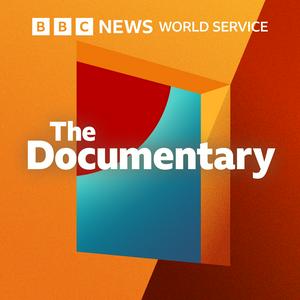This week marks four years since Russia launched its full-scale invasion of Ukraine, the largest and deadliest conflict in Europe since World War Two. Ukraine has put its official losses at 55,000 soldiers, and the BBC has verified the deaths of more than 180,000 on the Russian side, although the true toll is likely to be much higher. Tens of thousands of civilians have been killed or wounded, and millions have been displaced. The BBC’s international editor Jeremy Bowen, travels through Ukraine, speaking to people living on the front line, to soldiers, and to Ukrainian president Volodymyr Zelensky, about what they would concede, if anything, for a peace deal with Russia.
The Global Story brings clarity to politics, business and foreign policy in a time of connection and disruption. For more episodes, just search 'The Global Story' wherever you get your BBC Podcasts.


